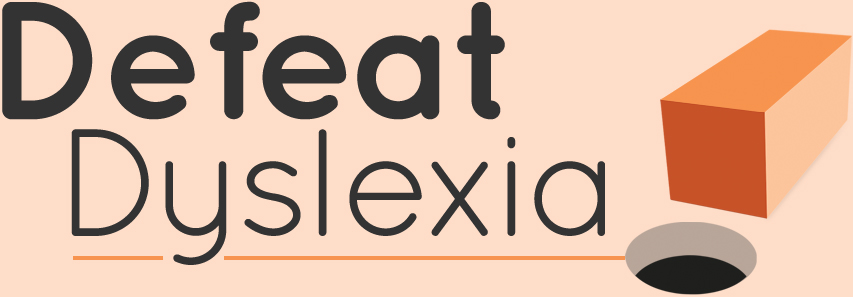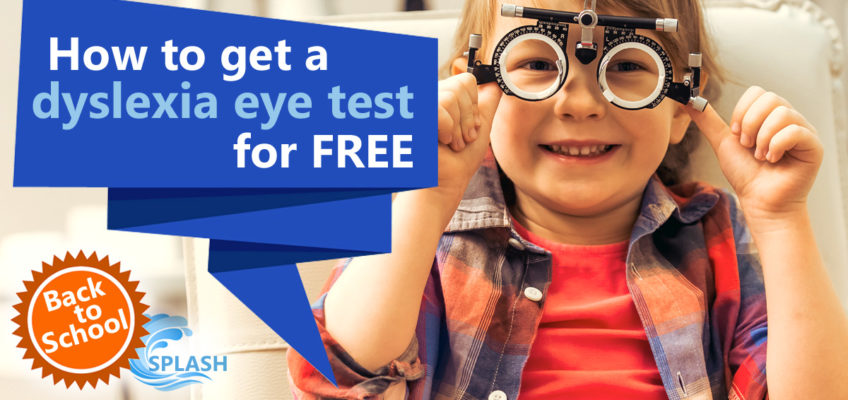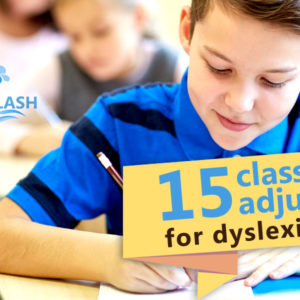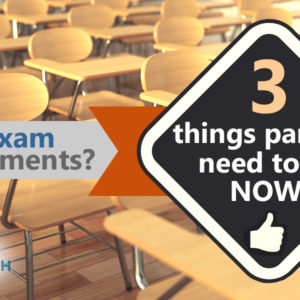Although some dyslexic children can see perfectly, others experience problems with their vision that require specialist care. In order to get your child off to a good start this September, it’s vital to make sure that visual distortion isn’t adding to their problems in school.
Are all free eye tests the same?
Naturally, a parent’s first instinct would be to book a free NHS eye test. But … are all eye tests the same?
There can be massive variation in the types of free eye tests available
The key is to book an eye test with a qualified optician who understands dyslexia. Yet many opticians, even highly experienced ones, have no knowledge of dyslexia. And a basic eye exam will not usually test for conditions like binocular instability or Meares-Irlen Syndrome that are risk factors for dyslexic children.
A trip to a Behavioural Optometrist
Instead, parents of a dyslexic child need to plan a trip to see a specialist optician called a Behavioural Optometrist. (Find a local registered professional via the British Association of Behavioural Optometrists.)
Behavioural Optometrists provide children’s eye exams for free on the NHS
Getting a referral to an optometry hospital
If the Behavioural Optometrist flags up something significant during the basic eye exam, parents can then visit their GP for a referral to the optometry department of a local hospital. This makes it possible to book an appointment for your child to get more advanced eye care for free.
A word of warning
Make sure the person you visit is a qualified optometrist, who will check for the following vision issues: binocular instability, scotopic sensitivity, focusing control, fixation, tracking and convergence.
Many vision testing organisations are staffed by people without qualifications
Following a trip to a Behavioural Optometrist, parents may be recommended a course of ‘vision training’ for their child. Vision training (also called vision therapy) involves eye exercises and may also include use of yoked prisms (which change how you see the world) and computer programs.
Vision training can take several months of weekly sessions, so it can be very expensive. Many parents are very satisfied that a course of vision training really helps their dyslexic child. However, there isn’t independent research to back up the idea that it works. Parents should, therefore, approach vision training with caution, and seek personal recommendations.
Read more from the back-to-school splash: 15 dyslexia-friendly classroom adjustments to discuss with your child’s new teacher.
Not sure if your child experiences visual distortion? Check out my 7 types of dyslexic visual distortion.











Leave a Reply